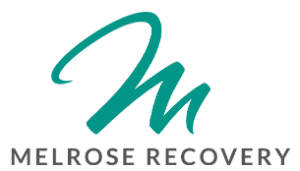Anxiety Treatment In Los Angeles, CA
Anxiety Treatment Program
Anxiety – Find yourself suffering from anxiety when you’re addicted to drugs or alcohol. Maybe you wonder, “How did I get here?” Many people just like you ask themselves the same question. For many, drug or alcohol abuse started in self-medication for depression treatment or anxiety treatment.
Having a mental health disorder alongside your addiction sounds like a bigger problem at face value. But actually, this condition helps you understand more about your substance abuse. You learn why you found yourself drawn to addiction. You also gain real hope for the future, through addiction and depression or anxiety treatment.


More About Mental Health Disorders and Addiction
Anxiety – In decades past, doctors thought depression and anxiety had little to do with addiction. If you suffered addiction with a condition like anxiety, your doctor decided whether you needed help for your anxiety or help for your addiction. You did not gain help for both at once.
Unfortunately, for people suffering addiction in those eras, this approach did not work. If you found yourself in anxiety treatment, your addiction kept you from finding real stability. Both conditions fed off of each other and fueled your problems moving forward.
When these conditions occur together, they also require treatment together. Therefore, today’s doctors and addiction specialists know that a person needs to receive treatment for both at once. That provides the only path to true healing.
You probably wonder if this means your treatment takes longer. Will you carry twice as much stress on your shoulders during treatment? Actually, your treatment remains very similar to someone without anxiety. However, how is that possible when you have twice the problems to handle?
How To Prevent Anxiety And Stress
Preventing anxiety and stress isn’t about eliminating all pressure from life (which isn’t realistic), but rather building habits and strategies that help you manage and respond to challenges in healthier ways. Here are some science-backed approaches:
Daily Habits to Prevent Anxiety and Stress
Regular Exercise
- Aerobic activity like walking, running, or cycling boosts endorphins and reduces stress hormones.
- Aim for 30 minutes most days of the week.
Consistent Sleep
- Sleep deprivation worsens stress response and anxiety.
- Target 7–9 hours nightly and keep a regular sleep schedule.
Balanced Nutrition
- Avoid excessive caffeine, sugar, and alcohol.
- Eat regularly, include complex carbs, protein, and omega-3s (e.g., fish, walnuts).
Mindfulness and Meditation
- Practices like deep breathing, body scans, or mindfulness meditation reduce anxiety by calming the nervous system.
- Start with 5–10 minutes daily, using apps like Headspace, Calm, or Insight Timer.
Routine and Structure
- Creating a predictable daily routine reduces decision fatigue and helps with a sense of control.
Psychological Tools That Help
Cognitive Behavioral Techniques (CBT)
- Identify and challenge negative thoughts (e.g., catastrophizing, all-or-nothing thinking).
- Replace them with more balanced, realistic perspectives.
Gratitude Journaling
- Writing 3 things you’re grateful for each day shifts focus from stress to positivity.
Limit News and Social Media
- Overexposure to negative content can amplify stress.
- Set boundaries (e.g., 30 minutes max/day).
Time Management
- Break large tasks into smaller, manageable steps.
- Use tools like the Pomodoro technique or task prioritization (e.g., Eisenhower Matrix).
Social and Lifestyle Practices
Stay Connected
- Regular connection with friends or loved ones acts as a buffer against stress.
- Talk openly about your feelings with trusted people.
Say No More Often
Learn to set boundaries and avoid overcommitting.
Seek Professional Help Early
- If anxiety starts to interfere with daily life, a therapist (especially one trained in CBT) can be a huge help.
Anxiety Treatment in Rehab
When you enter rehab and need anxiety treatment, your program does not change very much. Your individualized treatment plan includes methods and therapies good for helping people with anxiety. However, there’s a lot of common ground between the root causes, struggles, symptoms, and treatment needs for someone in rehab and a person needing anxiety treatment. This means your program looks very similar to someone with depression, a different mental illness, or someone with only an addiction to treat.
Anxiety roots in the same places as addiction. Both mental illness and substance abuse disorders start from a mix of causes, including:
- Environmental triggers, such as trauma or stress
- Problems in adolescence
- Genetic causes putting you at higher risk
- Biological factors, including your stress response
With their roots intertwined, your conditions also gain improvement and recovery from similar types of therapy and treatment. You need to learn coping skills for both problems. You also must gain education about your conditions to recognize the signs and symptoms of relapse.
The bottom line of these conditions is twofold. First, you must realize that both of these disorders need treatment. Second, one untreated or relapsing condition often causes the other condition to relapse, too. Find your way into rehab and anxiety treatment Los Angeles, to start building the better life you imagine for yourself.
Anxiety Treatment Program for Young Adults at Melrose Recovery Center
Melrose Recovery anxiety treatment Los Angeles provides young adults just like you with mental health and addiction treatment. This means you receive the help you need among peers your age. You do not stand alone in your problems or your needs.
Programs of the Melrose Recovery drug rehab center include:
- Addiction detox center
- Inpatient addiction rehab
- Art therapy program
- Music therapy program
- Individual therapy program
- Group therapy program
- Family therapy program
- Exercise therapy program
- Nutrition education
- Experiential therapy with a focus on adventure and sports
- Evidence-based therapy
- Anxiety treatment Los Angeles
For the help you need for your mental illness and addiction, contact Melrose Recovery now at (714) 442-7782. Alongside your peers, you can start building a better life, so call now.
The Road to Recovery Starts at an Alcohol Addiction Treatment Center
We Work With Major Insurances





Get In Touch
info@melroserecovery.com
501 North Mariposa Ave, Los Angeles, CA 90004



